The Curious Case of Waqf
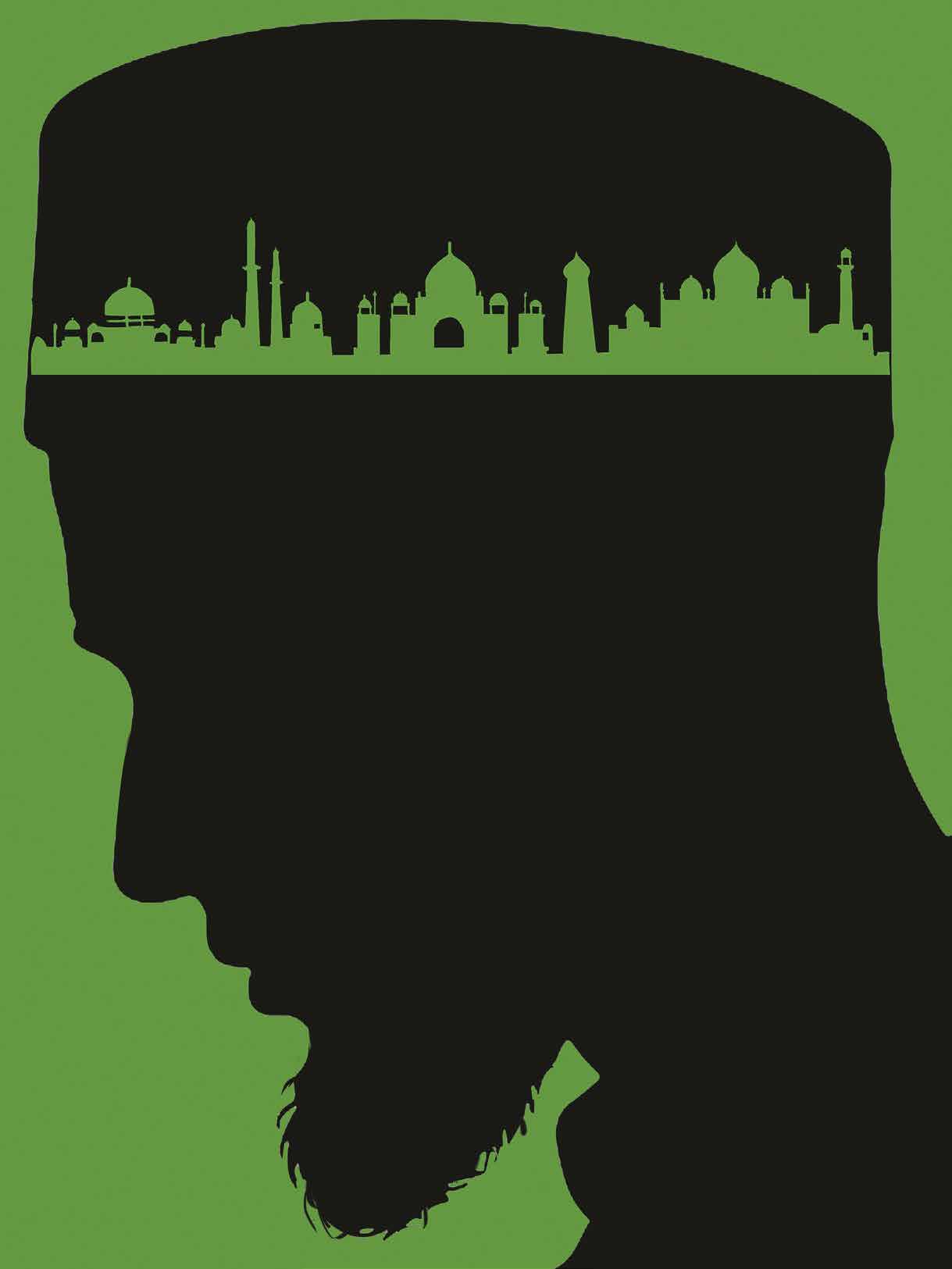
Prime Minister Narendra Modi has said that the Waqf (Amendment) Act, 2025, is the result of hundreds of complaints from Muslims, including women and widows, against the earlier system, which, he claimed, did not work for them.
During a meeting with a delegation of the Dawoodi Bohra community, Modi said he had received more than 1,700 complaints about Waqf properties from various Muslim communities after his re-election in 2019. On April 4, the Upper House cleared the Bill, with 128 members voting in favour and 95 against the legislation.
Modi said the new law would empower victims, especially widows, and bring justice to the poorest. But the Opposition, Muslim bodies and civil society have slammed it as a land grab that threatens constitutional religious freedoms and disenfranchises minorities by seizing Waqf land meant for charity.
Is the Waqf (Amendment) Act a case of arbitrary government overreach? Is it another step towards curtailing the personal laws that govern marriages and inheritances in India? Is the new law yet another attempt at the dispossession of Muslim identity? Or is it a genuine effort at reform, aimed at benefiting the poor and Muslim widows?
هذه القصة مأخوذة من طبعة May 01, 2025 من Outlook.
ابدأ النسخة التجريبية المجانية من Magzter GOLD لمدة 7 أيام للوصول إلى آلاف القصص المتميزة المنسقة وأكثر من 9,500 مجلة وصحيفة.
بالفعل مشترك ? تسجيل الدخول
هذه القصة مأخوذة من طبعة May 01, 2025 من Outlook.
ابدأ النسخة التجريبية المجانية من Magzter GOLD لمدة 7 أيام للوصول إلى آلاف القصص المتميزة المنسقة وأكثر من 9,500 مجلة وصحيفة.
بالفعل مشترك? تسجيل الدخول
The Art of Leaving
Saying goodbye to the public arena is no easy call to make

Mortar Memory
Along the quiet stretches near the border and the Line of Control in Jammu, a fragile calm once held sway, until the sudden thunder of heavy mortar shells since May 7 shattered it

Borders on the Boil
Whether it is Pakistan, China, Bangladesh or Myanmar, the unfinished business of history haunts the region every day
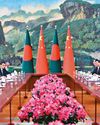
Neighbourhood 'Frisk' Policy
India needs to relook at Bangladesh as it partners with China to rebuild World War II air bases

Fields of Nowhere
MYAJLAR is one of the last towns on the Jaisalmer border, which, at 464 km, is one of the longest that India shares with Pakistan.

Brittle, Bitter Borders
In the marshlands of the Rann of Kutch, where the border is invisible yet hotly contested, belongingness becomes tentative

Red Fade
Since the regime change, something has been changing in Chhattisgarh. With top Maoist leaders killed, the remaining are insisting on a ceasefire or peace talks. The state must make the most of the situation
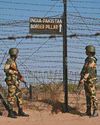
Sir Creek and Adam's Bridge
With the recent military standoff between India and Pakistan following the Pahalgam terror attack on April 22 that claimed the lives of 26 people, the Indo-Pak border region with its long history of tensions is once again in the limelight.
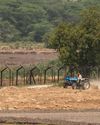
Lines Drawn in Blood
In villages caught between two nations, memory and fear shape everyday life. The land is under floodlights, children are sent away in silence, and home is a place one must keep returning to
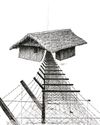
Maps and Minds
Maps have divided transnational ethnic groups Nagas, Zos, Bhutias, Bengalis and Nepalis, among others, but the Naga or the Zo mind does not accept the boundaries on government maps
